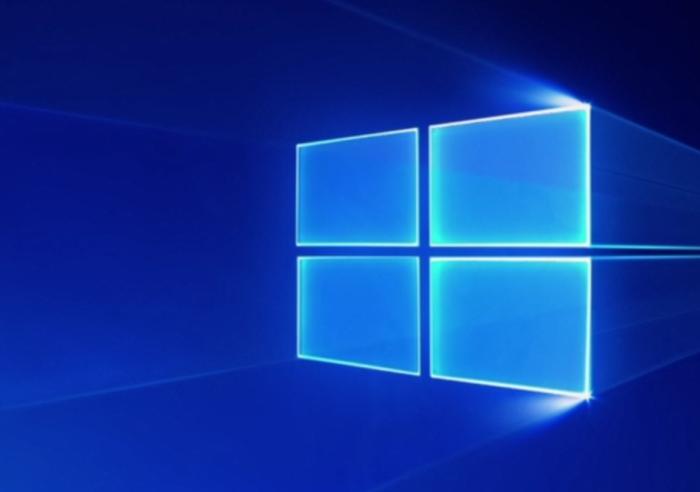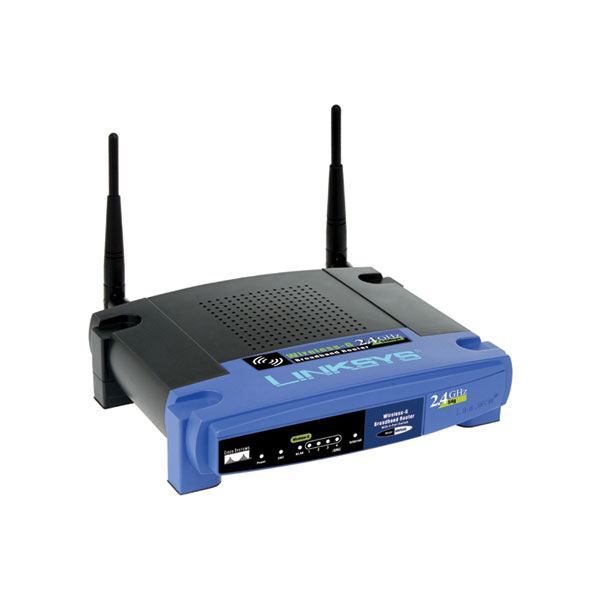We use filters every day, in our cars, our houses, our water systems, and more. They protect our machinery, and us from impurities and harmful matter. In the same way, internet filters protect us from harmful materials while we use the internet.
Filters use different methods, but their purpose is to stop content you ask them to. When you request a web page the filter checks the address, or analyzes the page’s content, and refuses to display pages that have the content you don’t want to see. The software may simply check a list of sites and their content, or it might scan the page for keywords, or “look” at the images on the page, or some combination of those methods. Then it may simply block the page, and give you a message telling you why, or it may display the page but remove the offending content.
Filters are a useful tool for anyone who uses the internet, because web content isn’t always apparent from just the address. When you go to the book store, you know there are items there you aren’t interested in, or want to avoid. You can simply avoid going down those aisles, or tell easily from the book covers whether or not it’s something you want to see. But if none of the aisles were marked, and all the books had plain white covers, you would have to open them up to see what was inside, and you’d have no idea what you would see. Web pages can be like that – you often don’t know what the content looks like until you’re there. Your filter can warn you that you’re going to somewhere you didn’t want to.
Things to remember about filters:
Filters are not censors – your filter is under your control. It blocks you from seeing content that you have asked not to see.
Filters are not perfect – you still need to be aware of what you’re clicking on.
Filters are not a replacement for personal accountability. We still need each other to help guard each others and our children’s eyes.
Recommendations:
Desktop/Laptop Computers:
Smartphone:
DNS Filtering:



